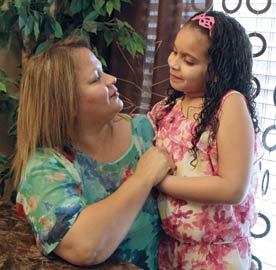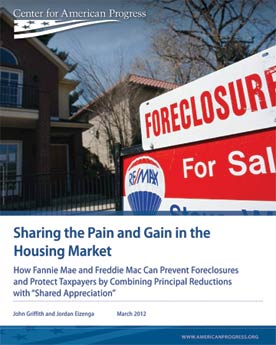Discriminatory lending practices are a “silent pickpocket” skulking among unsuspecting borrowers, said Richard Cordray, director of the Consumer Financial Protection Bureau, at the National Community Reinvestment Coalition’s annual conference in April.
Therefore, Cordray announced, his agency will now use the fair housing concept of disparate impact to aggressively pursue discriminatory lenders as it enforces the Equal Credit Opportunity Act, which assures nondiscriminatory credit access. This means the bureau can now identify and demand remedies for discriminatory lending if a specific practice has disparate impact on protected groups, without having to prove discriminatory intent on the part of the lender.
Applying the disparate impact standard to lending is somewhat new territory, though in a 2011 Shelterforce interview, John Trasviña, HUD’s assistant secretary for Fair Housing and Equal Opportunity, hinted that the CFPB might take on discrimination by lenders. In the past year, Thomas Perez, assistant attorney general for the Justice Department’s civil rights division has also signaled the possibility of a crackdown on lenders who don’t comply with fair-lending statutes.
In his April announcement, Cordray also issued a call for more consumer education and vigilance, saying “too often, consumers do not know they’re being cheated.” While equipping consumers with the most knowledge possible is certainly a good thing, given the stark racial differences in the effects of predatory lending, foreclosure, and loss of wealth in the housing crisis, we’re more excited about the idea of applying the disparate impact lens to lending, which we hope will lead to some systemic changes.





Comments